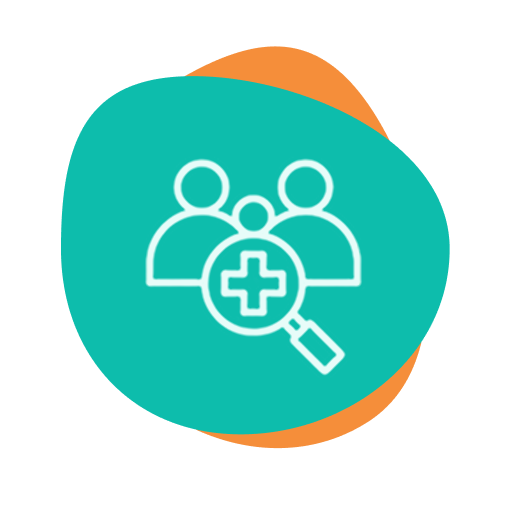
RPM continuously monitors vital signs like heart rate, blood pressure, and weight, enabling early detection of heart condition deterioration and timely interventions to prevent hospitalization.
Research Insights:
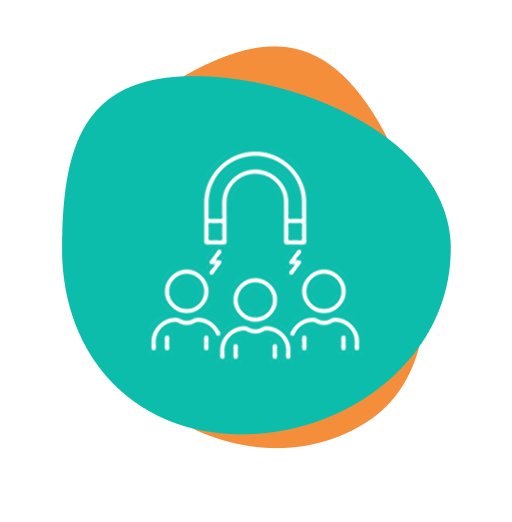
RPM empowers patients to take an active role in managing their health. By providing them with tools to monitor their own vital signs and report symptoms, patients become more engaged in their care.
Patient Empowerment:
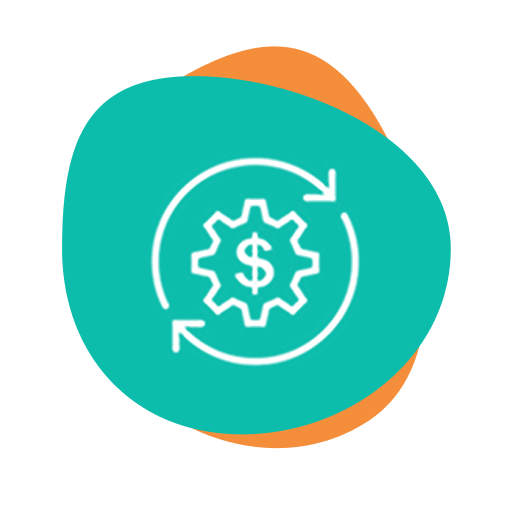
Reducing readmissions improves outcomes and cuts costs, with cardiac readmissions averaging over $15,000. RPM helps prevent them, benefiting patients and healthcare systems financially.
Economic Impact:

RPM allows healthcare providers to create personalized care plans based on real-time data. By analyzing trends in a patient's vital signs, clinicians can adjust medications and treatment strategies proactively.
Clinical Benefits:
Learn how we work to deliver seamless solutions with
innovation, efficiency, and
expertise.

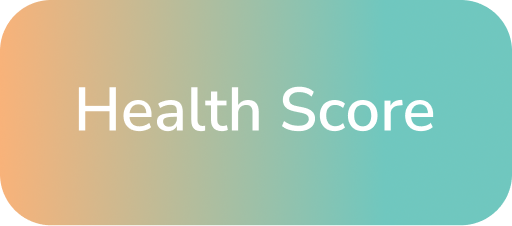
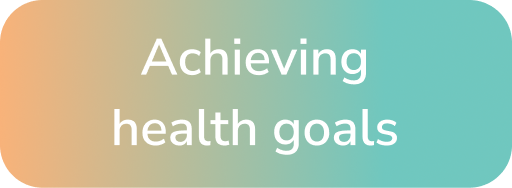
Remote Patient Monitoring (RPM) in cardiac care ensures continuous tracking, early detection, and timely intervention, enhancing outcomes with smart technology.
Cardiac Solutions, a cardiology practice in Arizona, implemented an RPM program that led to remarkable outcomes:
This NHS Trust introduced a bespoke remote monitoring service for heart failure patients:

healthcare organisation